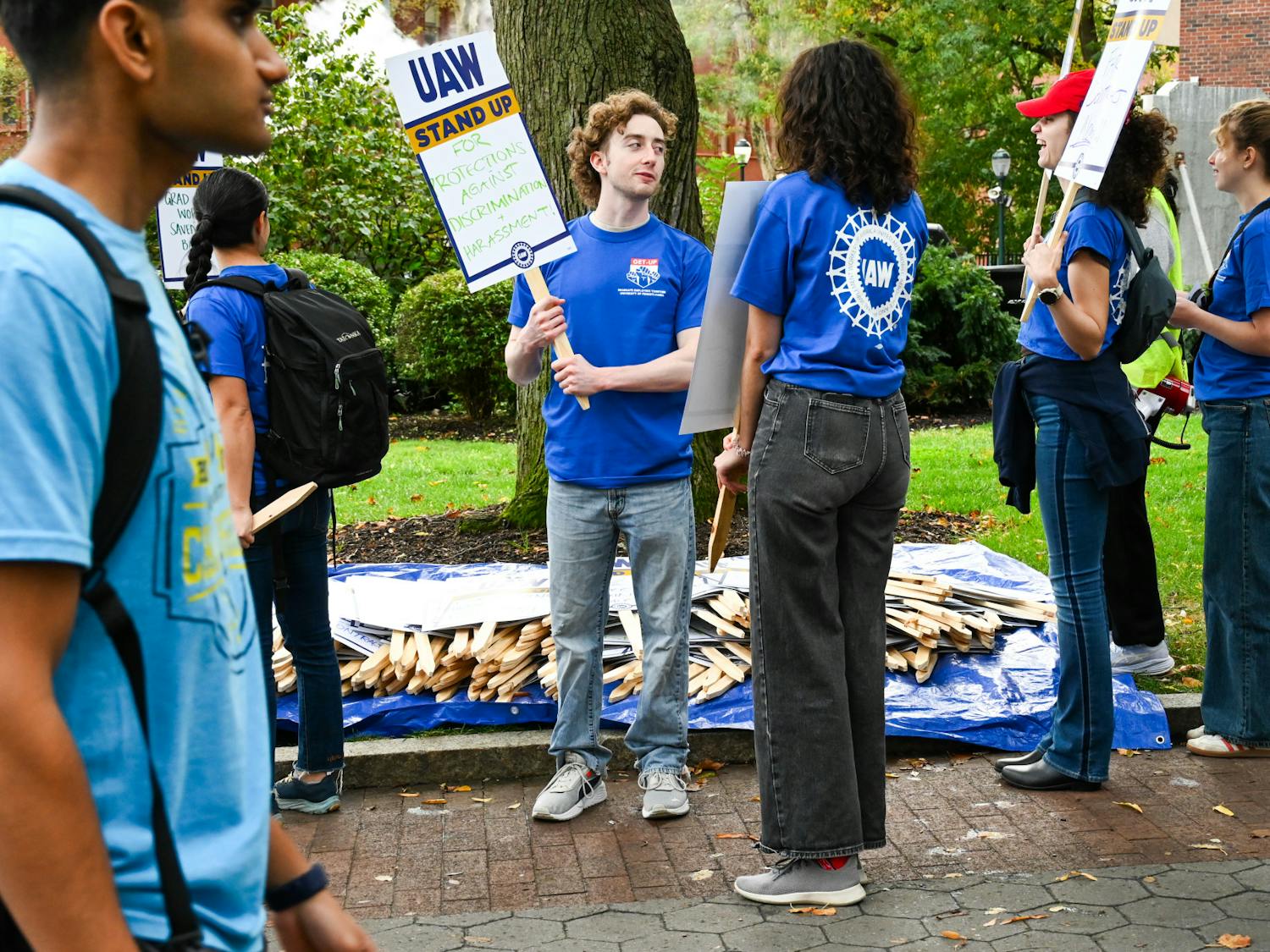Aside from electing their candidates for local and national office, voters will be faced with a referendum question that could have potentially large implications for all Philadelphia residents when they go to the polls on Election Day.
According to information provided by the Committee of Seventy -- a non-partisan political watchdog group in Philadelphia -- voters will be asked to select "yes" or "no" to the following question on the ballot: "Should the city of Philadelphia borrow $76,251,010 for and toward transit, streets, sanitation, municipal buildings, parks, recreation, museum, and economic and community development?"
The question comes after a September struggle between Mayor John Street and the City Council regarding funding for the city's capital needs program, which supports the repair of streets and city buildings as well as other municipal projects, including the Fairmount Park Commission and the Free Library of Philadelphia.
Some of the money would go toward public transportation and sanitation needs, as residents face price hikes on both water bills and Southeastern Pennsylvania Transit Authority fares.
But as these public costs rise, the Street administration has been trying to cut down on a strained budget that could adversely affect its ability to borrow money -- even if voters pass the referendum.
Philadelphia's bond rating was downgraded last week to BBB-plus from A-minus by the Fitch rating agency, which said the city has relied too much on speculative measures to improve the economy. The lower bond rating could make it more expensive for the city to take out loans.
Though the current rating still maintains investment grade, the bonds are classified as "negative outlook," which means the city could be headed for financial trouble.
If Philadelphia's credit status falls any further, it could potentially cost the city additional millions to secure loans. "The downgrade should raise their interest costs, because it's now riskier" to invest, Wharton professor Robert Inman said.
Street defended the city's plans, maintaining that Philadelphia has, "to date, adopted and implemented budgets that strike an appropriate balance between responsible tax reductions and investments in our neighborhoods, children and public safety."








